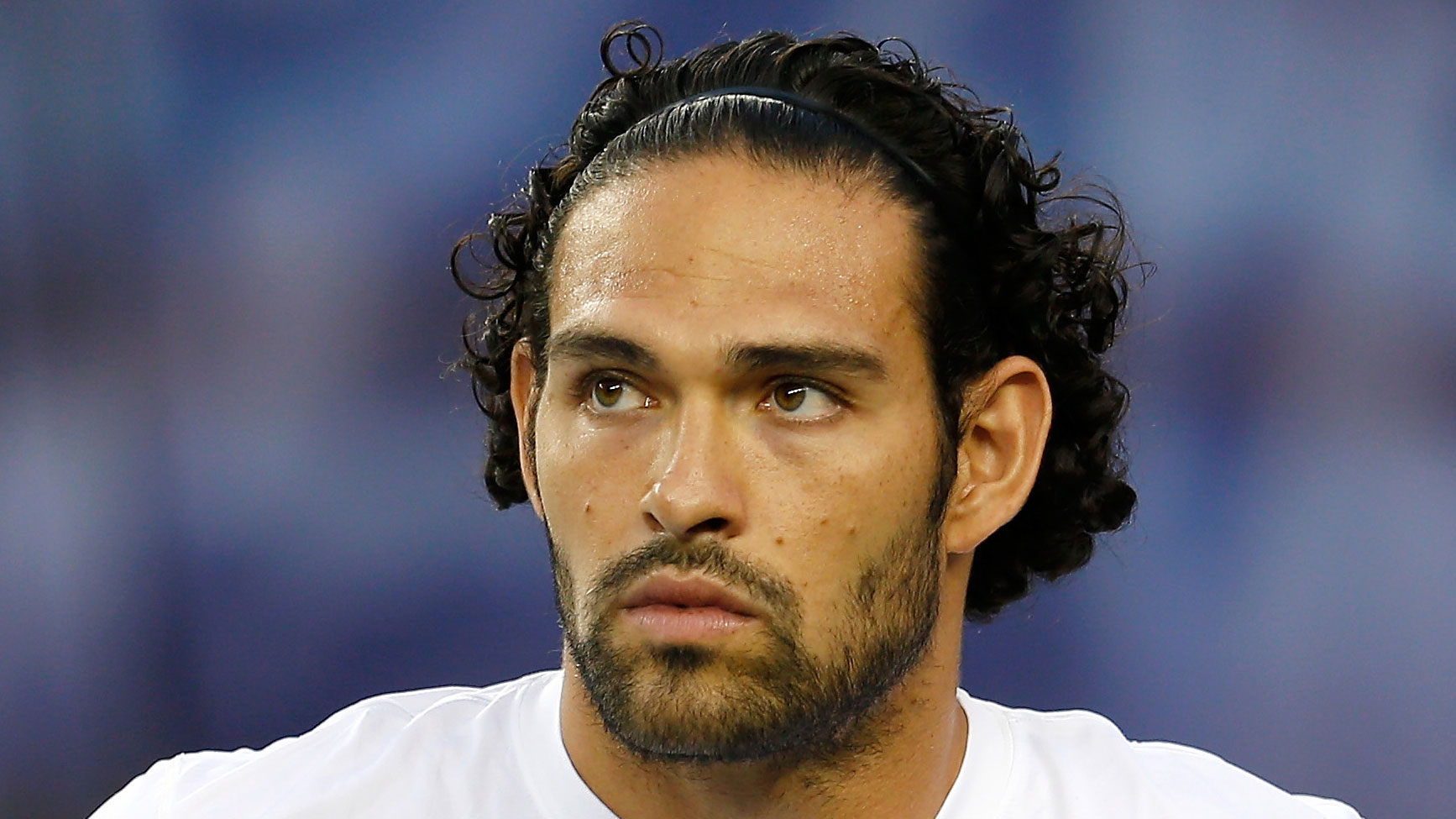Athletes bilked out of millions - Several professional athletes were played for $30 million in a Ponzi-like scheme run by their investment adviser, according to the Securities and Exchange Commission. Ash Narayan, an adviser with the California office of RGT Capital Management, Ltd., diverted the money invested by his athletes into a company called The Ticket Reserve Inc., of which he was a board member, according to an SEC lawsuit filed in May and unsealed Tuesday. The funds, allegedly used without the knowledge of the athletes, was the only thing keeping the company afloat after it bilked their clients out of millions.
In addition to Narayan, the lawsuit names Richard M. Harmon and John A. Kaptrosky, the CEO and COO of The Ticket Reserve. Denver Broncos quarterback Mark Sanchez, San Francisco Giant pitcher Peavy and former Houston Astros pitcher Roy Oswalt described in court filings how they met Narayan and “came to trust him as he described his devout Christian faith and charitable work over the years.”
Sanchez and Oswalt said Narayan invested $7 million of their money in Ticket Reserve, while Peavy said Narayan took at least $10 million — all without their consent. The players had an understanding that Narayan would invest them in “conservative, low-risk investments,” according to the lawsuit.
Narayan, Harmon and Kaptrosky “further attempted to conceal the scheme by creating fraudulent documents — sometimes backdated — and by making Ponzi-like payments in order to hide [the company’s] huge losses from Narayan’s clients,” according to the lawsuit.
“Between March 2010 and January 2016, Narayan directed at least 77 client investments to The Ticket Reserve. These investments totaled more than $33 million.” Of that amount, $30 million came from the three athletes, and Narayan “failed to tell them that they were investing at all,” according to the lawsuit. He also never disclosed the $2 million finder’s fee he received, the SEC alleges. In 2012 and 2013, The Ticket Reserve’s external auditor questioned the company’s ability to continue “as a going concern.”
Howard M. Privette, an attorney with Greenberg Gross in Costa Mesa, Calif., who is the lead lawyer representing Narayan in the SEC case, said in a statement that Narayan “is disappointed that the SEC chose to bring this action. Narayan has always sought to act in his clients’ best interests.” Privette added that Narayan will continue to work with the SEC.
RGT Wealth Advisors, where Narayan worked until he was fired in February 2016, said that it “voluntarily reported its findings to the SEC and took immediate corrective steps — including terminating the employment of Narayan. The SEC has now brought proceedings against Narayan and The Ticket Reserve based on the facts we uncovered, and RGT is continuing to cooperate with the SEC. We are outraged by this conduct, and are working hard to try to recoup invested funds for the clients involved.”
RGT has also filed a lawsuit in Federal Court in Chicago against members of the Board of Directors and the Chief Financial Officer of The Ticket Reserve. “The lawsuit alleges that Board members Ash Narayan, Rick Harmon, Herb Rudoy, and CFO John Kaptrosky breached their fiduciary duties through conduct that amounted to gross mismanagement.”
And the attorney for Rick Harmon, Lanny J. Davis, issued the following statement: “Neither Rick Harmon nor his chief operating officer, John Kaptrosky, did anything wrong while Harmon was CEO of The Ticket Reserve.” He added that Harmon and Kaptrosky will continue to cooperate with the SEC.
Several athletes have admitted failures in their financial successes. Ryan Broyles, who was a wide receiver with the Detroit Lions from 2012 to 2014, showed how athletes can make their money last after they stop playing. He lives on a budget of $60,000, even though he made about $600,000 the last year he played. And Tim Masthay, the Green Bay Packers punter, looks even smarter each time an unscrupulous adviser essentially steals from a client: He doesn’t have an investment adviser and invests his money himself in low-cost index funds, unlike other athletes.











